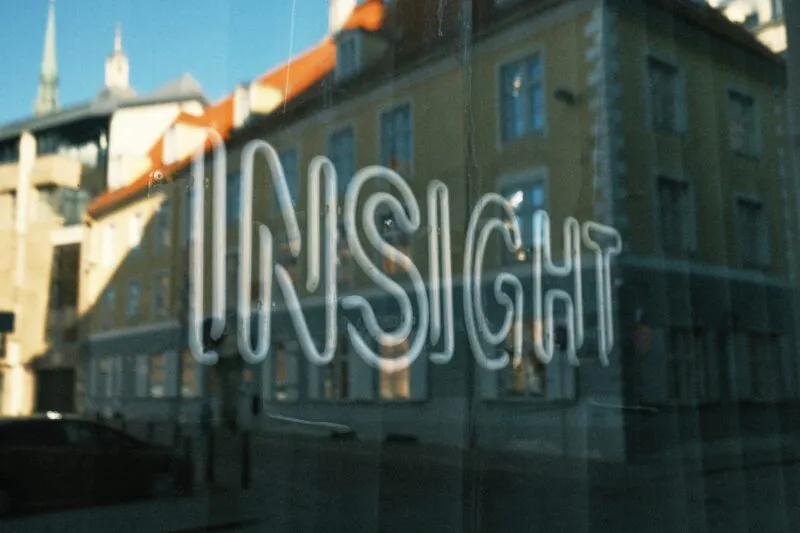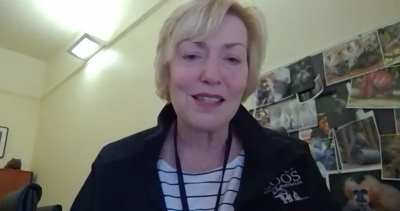Failing to win Gold
With the Paris Olympics upon us, eyeballs are watching sportsmen and women striving to do their very best. Years and years of diligent work, often with much sacrifice for a medal. Likely more than three billion plus viewers world-wide will tune in hoping their county’s chosen few will win Gold (or at least Silver or Bronze).
The Australian government invests around $350 million annually in high-performance sports. We are a sporting nation loving winning.
Checking today’s Medal Tally, Australia is 4th with eight Gold, six Silver and four Bronze. On a per capita basis we are smashing overall GOLD.
Yet, not everyone is a winner. Even with the HUGE effort / investment.
I watched as Harry Garside crashed out of the tournament with a crushing first-round loss to Hungarian giant-killer Richard Kovacs. Seeking to become the first Australian to win an Olympic boxing gold medal following his breakthrough lightweight bronze in Toyko, a shattered Garside had to cut short his media interview.
“I feel like a failure,” Garside said.
Even with hard work and sacrifice, winning is far from inevitable.
The resilience and psychological strength, more so than physical, required for even survive must be huge. That inevitability that you will fail, even if you are a future gold medal Olympian. While failing is often the path to ultimately winning, in most cases it’s not.
Winning comes with utilising all the data that they have available to measure their performance and potential. Ever improving through pushing themselves and measuring, set targets, hitting them, reengineering and growing. Winning isn’t hope.
What is interesting when comparing Olympians with leaders in business, government and otherwise, winning is measurable. Often the measure in politics is re-election, or business is just surviving.
Surviving is certainly important, but generally not Gold, Silver nor Bronze, although sometimes it is.
We are in an economic environment when only the strong survive.
It is a horrible environment when real, hard-working people fail to be able to prevent their businesses from closing. But, that’s business.
The question for some is this a recession we had to have?
“The most important thing about that is that this is a recession that Australia had to have” – Treasurer Paul Keating, November 1990.
The 1990’s recession started in the September quarter of 1990 and lasted until the September quarter of 1991. During the recession, GDP fell by 1.7 percent, employment by 3.4 percent and the unemployment rate rose to 10.8 percent. Like all recessions, it was a period of disruption and economic distress.
I was thinking on my 40 minute or so walk to work today, that when the Coronavirus hit in 2020, before it was known as COVID 19, there was a sense of panic, yet government, business and the community worked together, to survive and innovate and reimagine the future.
We saw how responsive governments could be if they needed and wanted to guide swift change. Businesses were able to pivot to new models to survive. Remember hospitality and other sectors pivots?
Now, only a few years later, our sense of responsive governments and business innovation seems to have subsided. An economic rationalist business survival perspective. Perhaps a sense of fatigue or even giving up. It is all too hard for many businesses. The stimulus to sustain struggling businesses has long gone. From these challenging times will come innovation for some businesses, pushed to almost breaking point and needing to pivot and morph. And, other businesses measurably ready and market aware will win GOLD.
Square Holes works with a portfolio of businesses and government well equipped to measurably prosper, and to be aware of their progress and failings before it’s too late to respond. We are finding growing demand for research including customer journey mapping and performance tracking. Rather than hoping they measurably innovate and grow – measurably winning. We’re here to help. 😀




